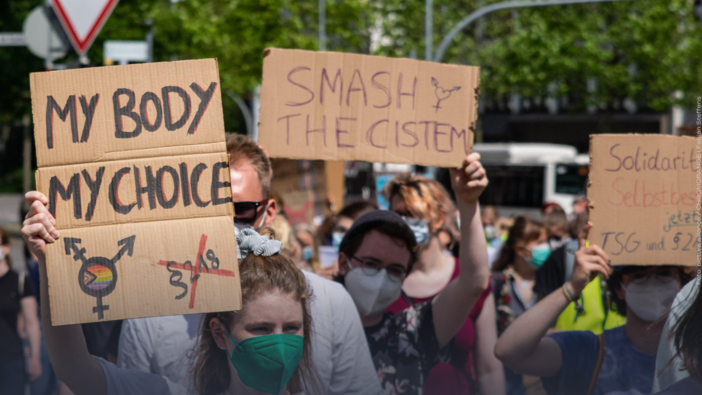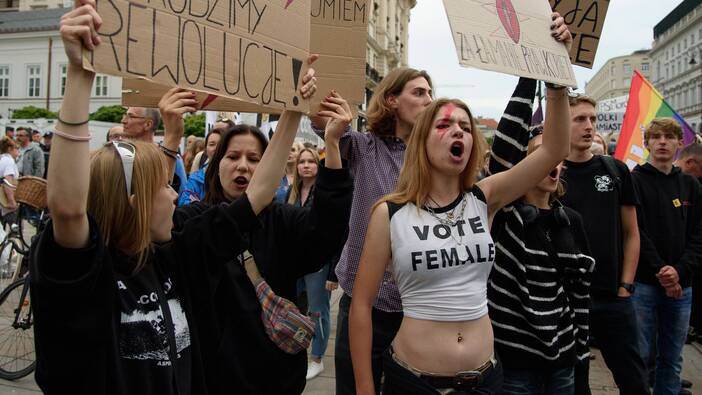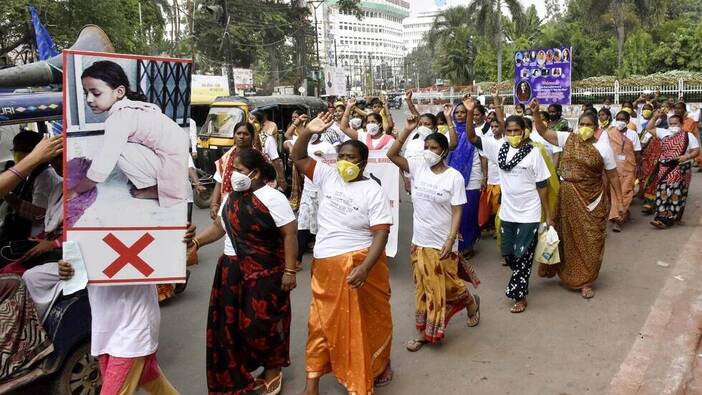Gender Relations
Feminism is back! Women’s marches, women’s strikes, #MeToo, the international 8 March mobilizations, the Ni una menos movement against feminicide, and more: whether in the US, Poland, Spain, Turkey, Latin America, or Germany, feminist protests are currently the only transnational movement constituting something like a visible antithesis to authoritarianism and far-right extremism. The new feminism is socially heterogeneous, pluralistic, and thematically diverse, giving it the potential to address “the whole” of social domination rather than individual aspects.
But to offer real alternatives to the politics of the Right, the contradictions of contemporary neoliberalism and the majority’s experiences of crisis must be taken up. We need to develop perspectives that promise relief from urgent problems, but not at the expense of the weakest and not through a supposed return to “natural” ways of living, as the racist and anti-feminist Right does. Where can common concerns be identified? In order to find answers, the feminist practices of the last decades must also be put to the test. They have distanced themselves from the concerns and realities of many people’s lives, and in some cases have become elite projects.
Feminism has too often been neglected as a question of social justice, with gender relations conceived of as social relations, as relations of production. Yet feminism, migrant perspectives, and ecology issues belong at the centre of any left-wing project: they can no longer be treated as secondary concerns. This is what we have to fight for. The Rosa Luxemburg Foundation works on what such an inclusive feminism could look like, who its actors could be, and how this thinking and action can be brought to the forefront of society in public events, seminars, trainings, educational materials, digital projects, and texts.












